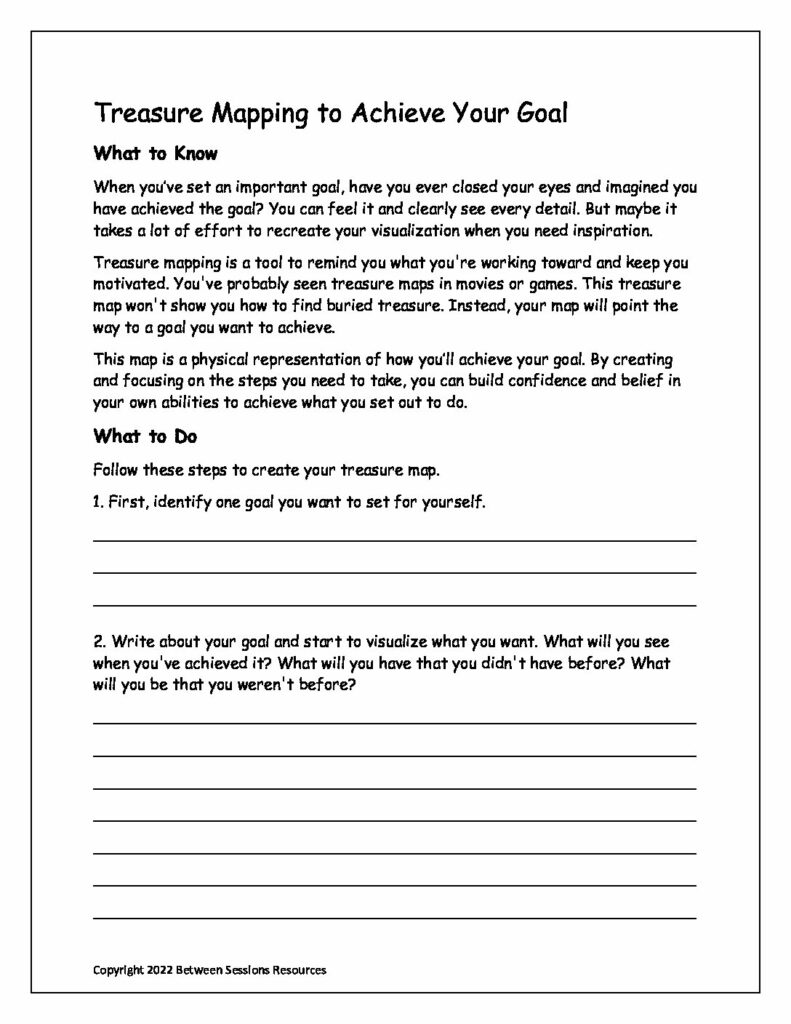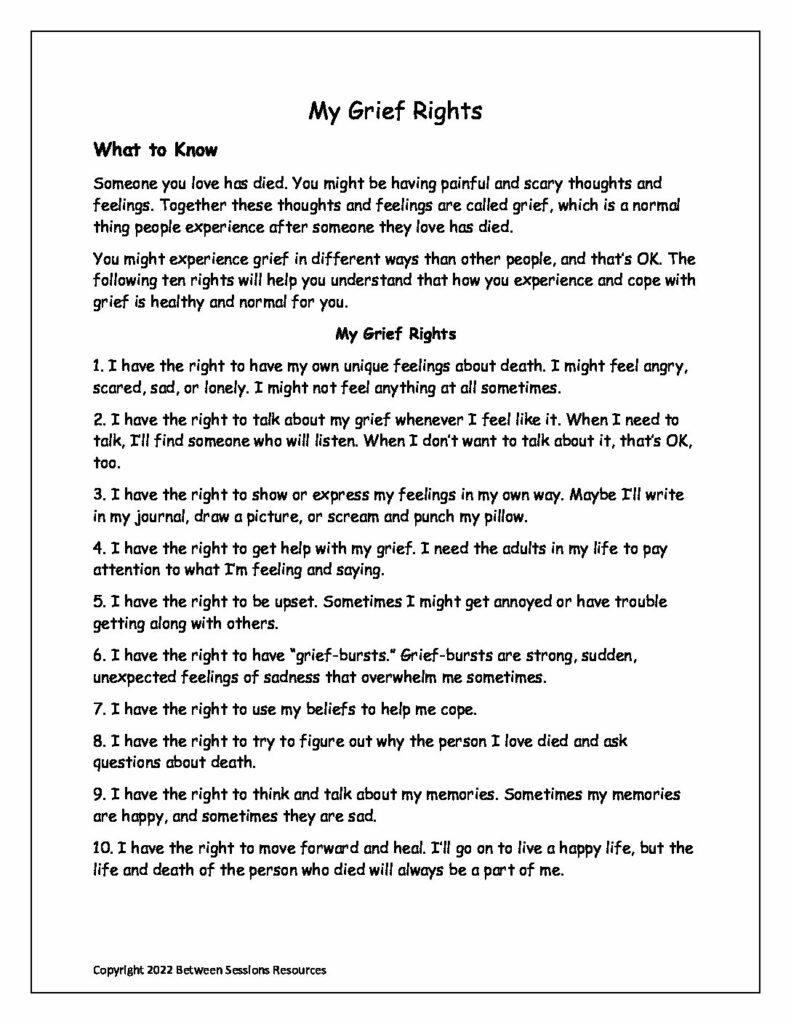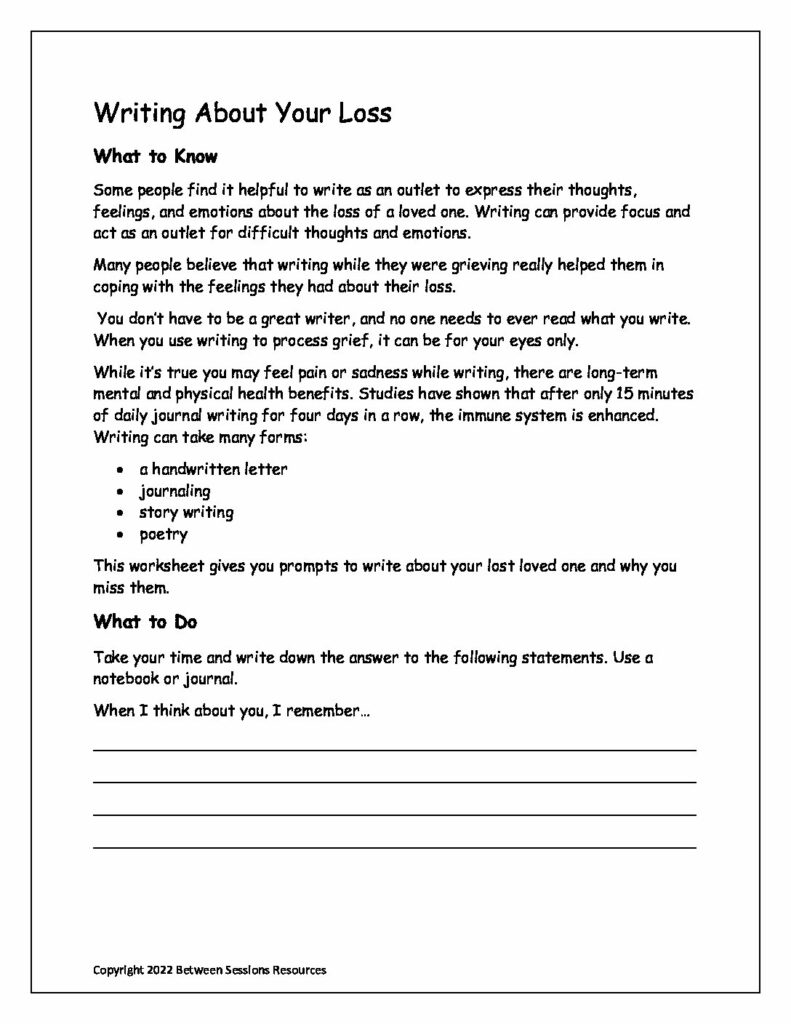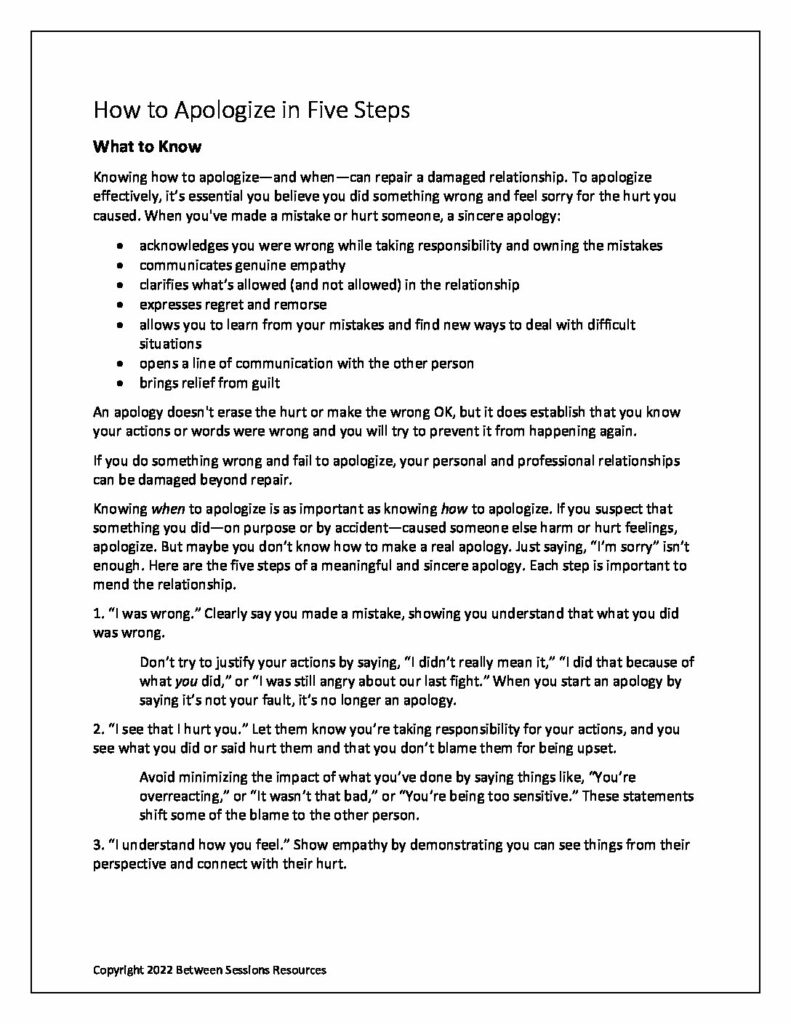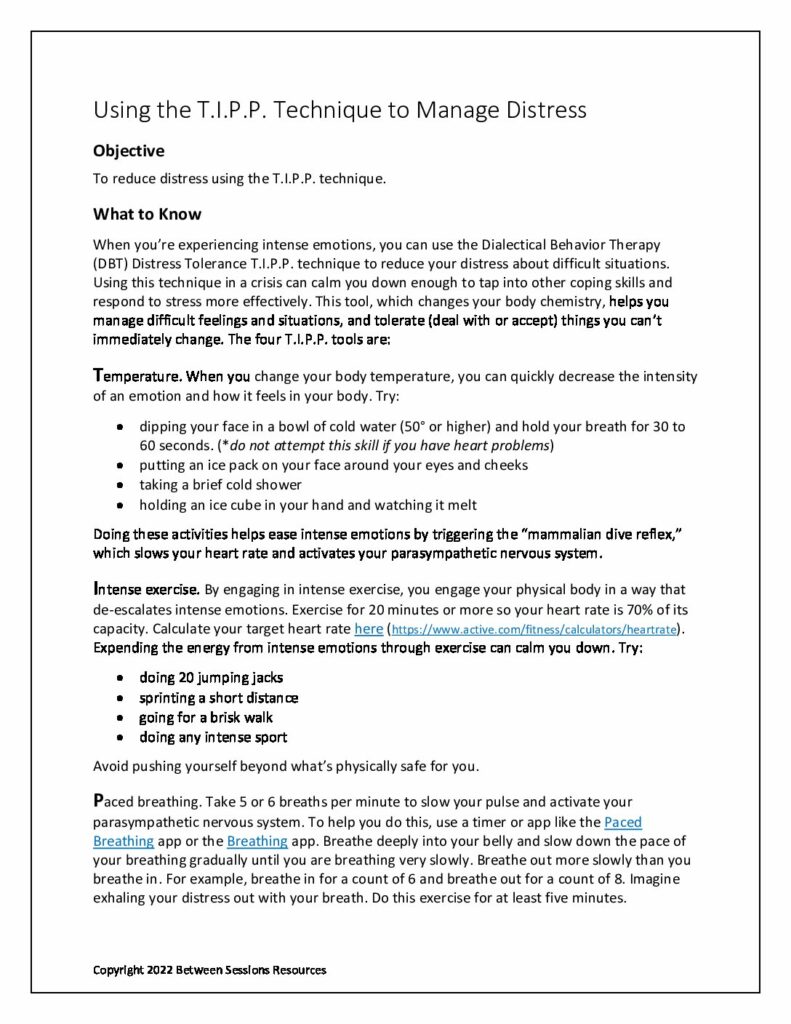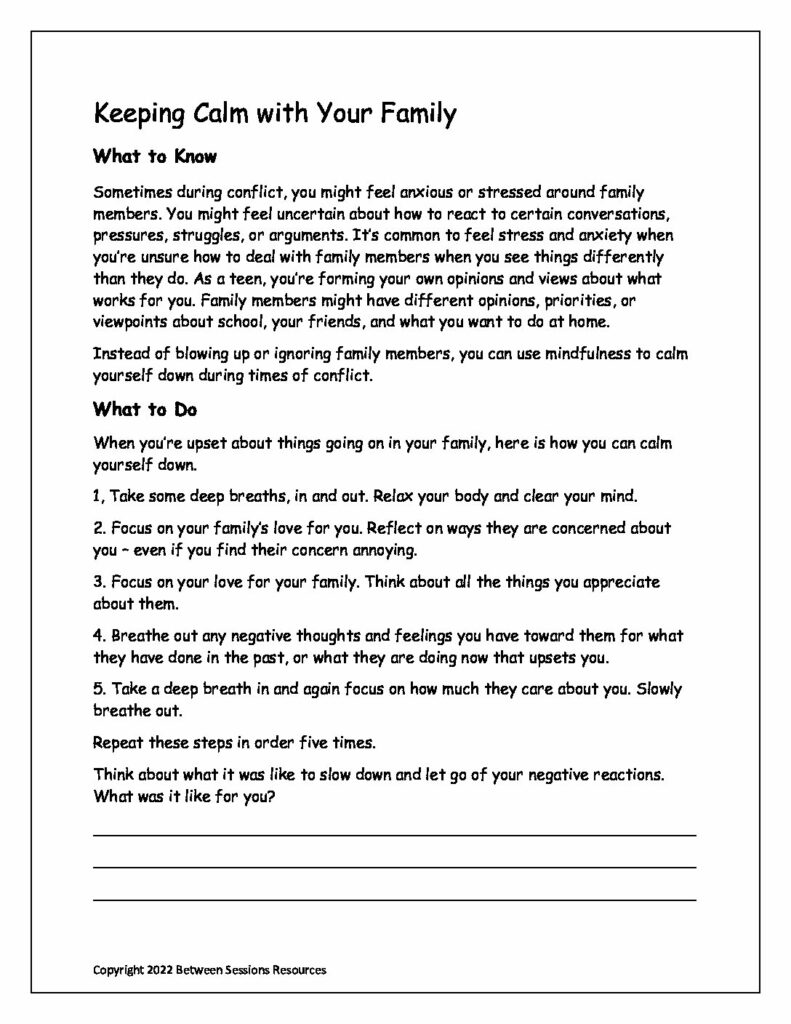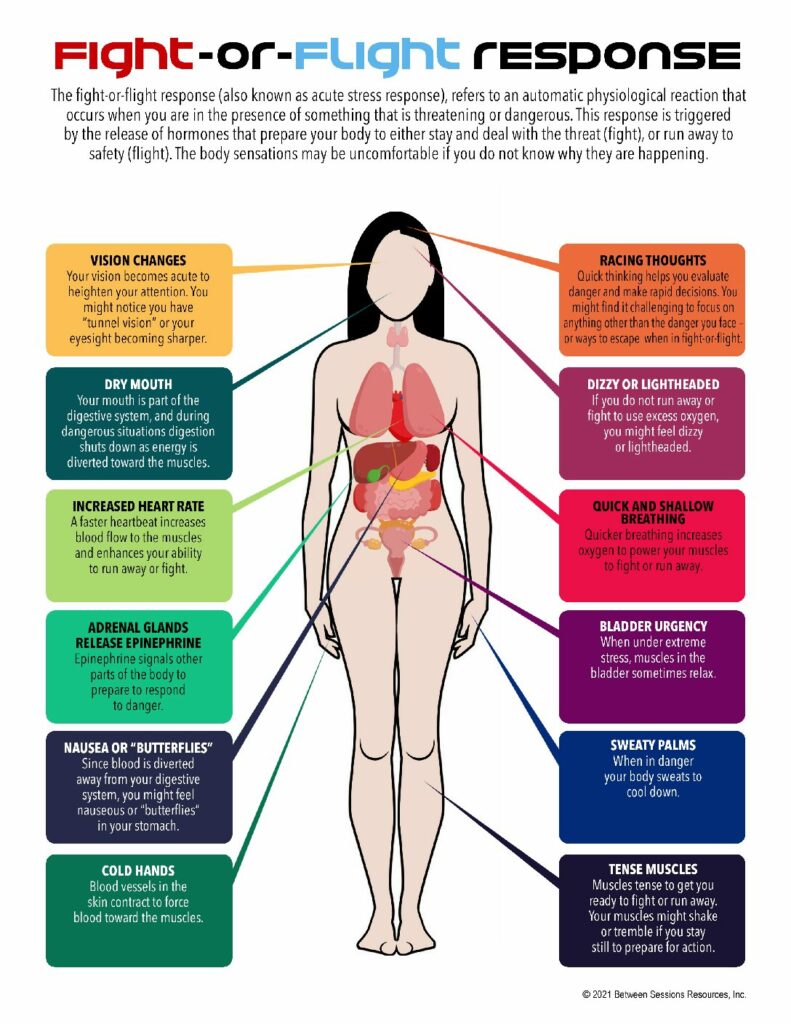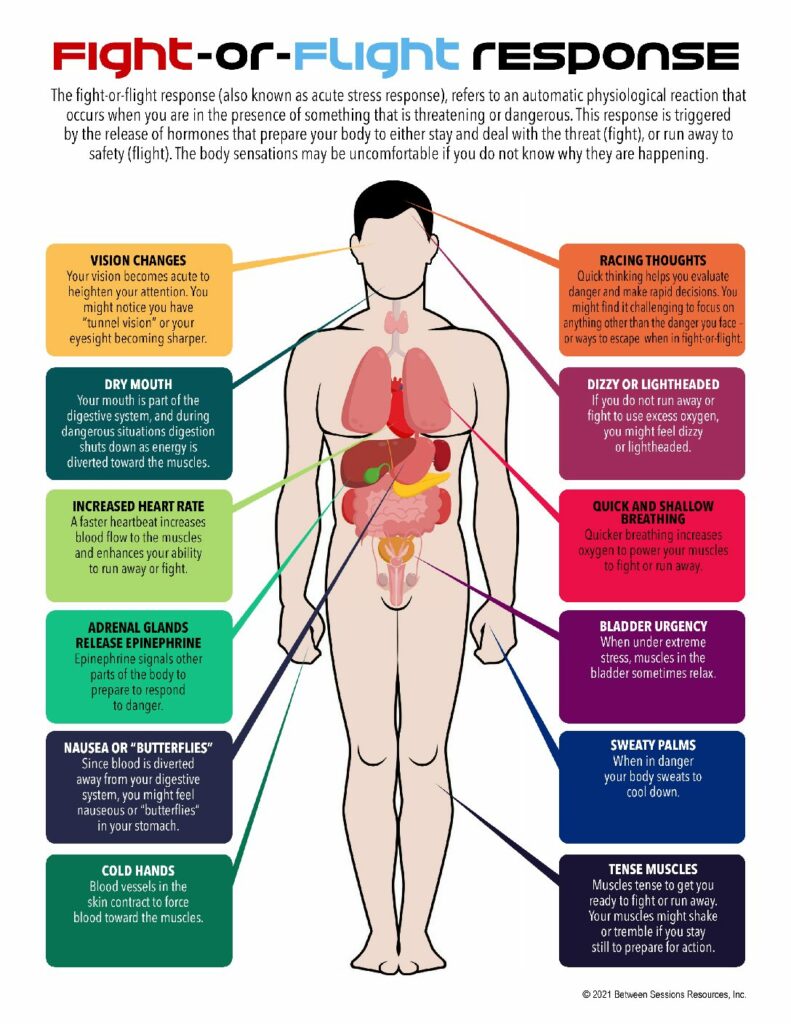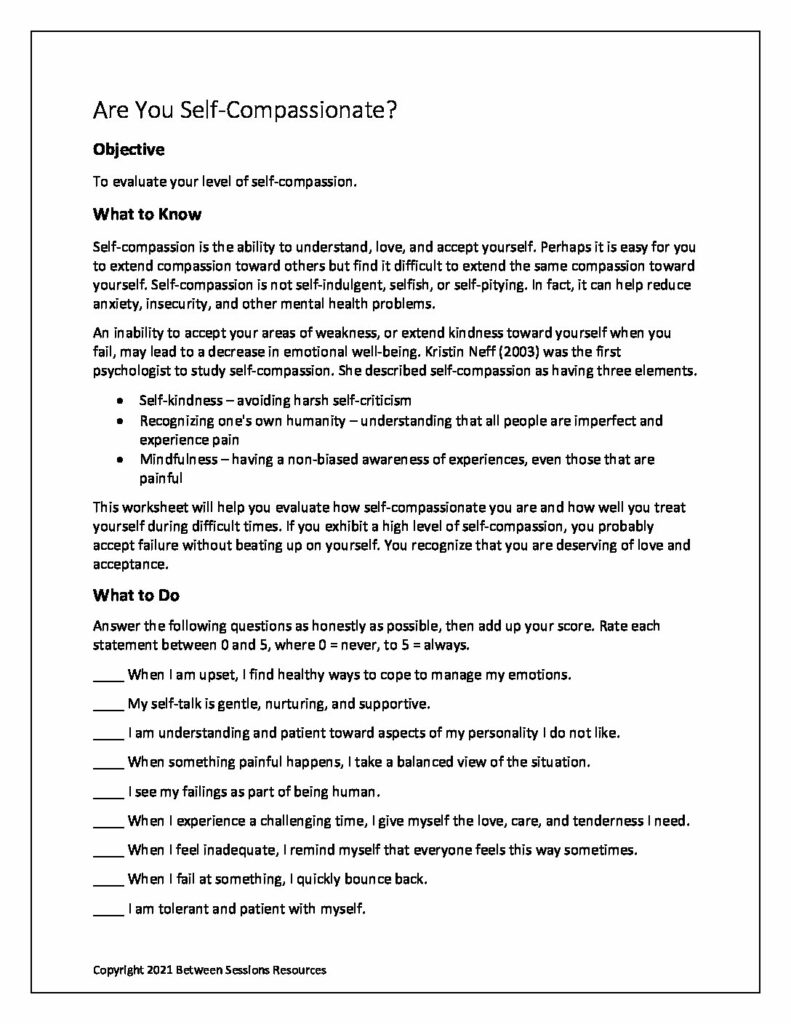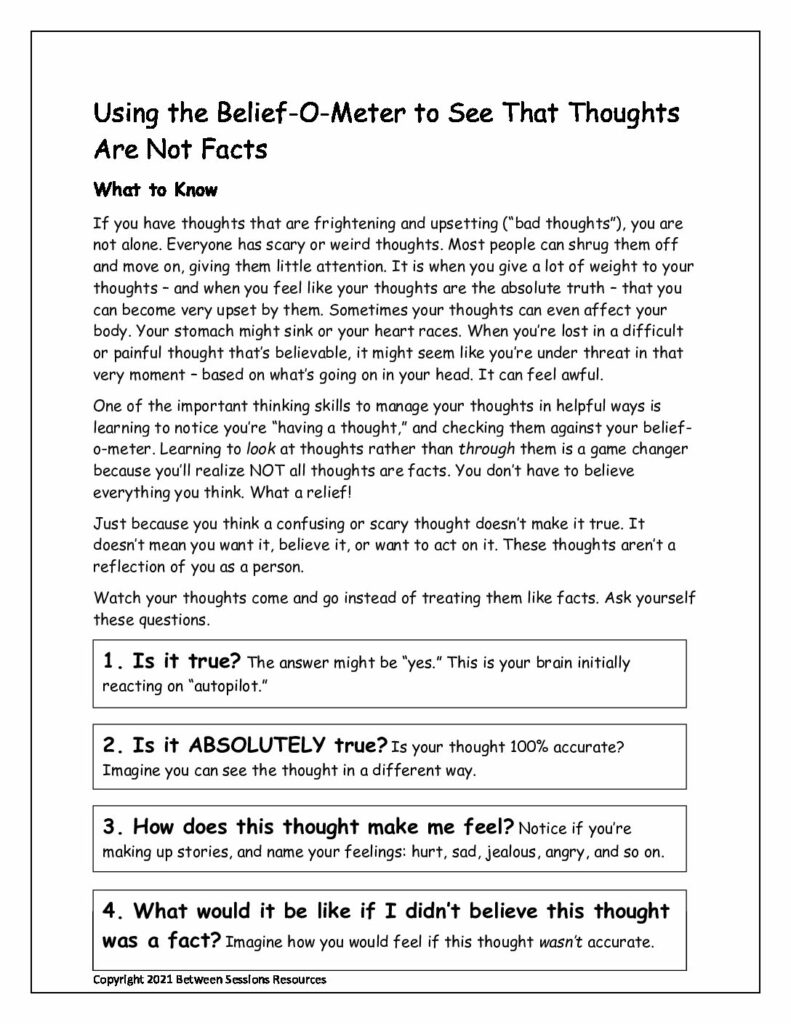Teens have a special way of communicating and learning about themselves, so we’ve made sure that all our therapeutic activities for teens are appealing and engaging to this age group.
To modify the tools, click the ‘Send to Client’ button by each tool to open the Psychology Forms Filler. You can then edit the tool as you see fit and either print it out or send it to a client to be filled out online. Click here for a tutorial on using the Psychology Forms Filler.
We’ve tried to address every teen issue we can think of, and more tools are added every week!
If you are looking for something you can’t find on this site, please let us know by clicking here and our team of writers, graphic artists, and therapists will custom-design it for you.
This worksheet uses the concept of a treasure map to teach teens how they can identify and work towards their goals. (0222, goal setting, motivation, problem-solving)
The loss of a loved one creates a lot of confusion for teens, and they may not know how to act or even what to feel. This worksheet reminds them that they have the right to all of their feelings surrounding their grief as well as behaviors which may not be exactly what others expect. The worksheet contains follow-up questions which are intended to help teens explore their feelings and develop healthy ways to cope with grief. (0222, teen, grief, loss, healing)
This worksheet explains the benefits of writing to cope with the difficult feelings that come with a loss. The worksheet includes writing prompts to help people get started. (0222, grieving, mourning, loss, coping, journaling)
Apologies can go a long way to repair a relationship, but only when they are sincere. This worksheet explains the five steps in making authentic apologies showing the other person that you understand how he or she feels and that you want to make amends. The worksheet gives people a chance to practice and reflect on this important social skill. (0122, social skills, apology, relationships)
This worksheet describes the T.I.P.P. Technique used by advocates of DBT to deal with intense emotions. The acronym stands for: Temperature, Intense Exercise, Paced Breathing, and Paired Muscle Relaxation. A chart is included for clients to keep track of which technique is most helpful. (0122, DBT, emotional regulation, emotions, grounding)
This worksheet gives teens suggestions on how to keep calm when upsetting things happen in their families like arguments, pressures, and certain conversations. (0122, family therapy, family problems, conflict-resolution, self-calming)
This infographic reflects a person’s automatic physiological reaction to the presence of something that is perceived as threatening or dangerous. Useful for explaining the body’s reaction to stress, fear, or anxiety. (0122, stress, panic disorder, anxiety, fear, phobia)
This infographic reflects a person’s automatic physiological reaction to the presence of a something that is perceived as threatening or dangerous. Useful for explaining the body’s reaction to stress, fear, or anxiety. (0122, stress, panic disorder, anxiety, fear, phobia)
This worksheet is designed to help people evaluate how self-compassionate they are and how they can treat themselves difficulty tough times. The scale measures self-compassion on a 100 point scale. (0122, self-compassion, depression, Bipolar, anxiety)
This worksheet is designed to help teens understand that just because they think something is real, that doesn’t mean it is a fact. This cognitive-restructuring technique can be used to help teens deal with fears and anxiety. (2021, fears, anxiety, cognitive restructuring, CBT)

